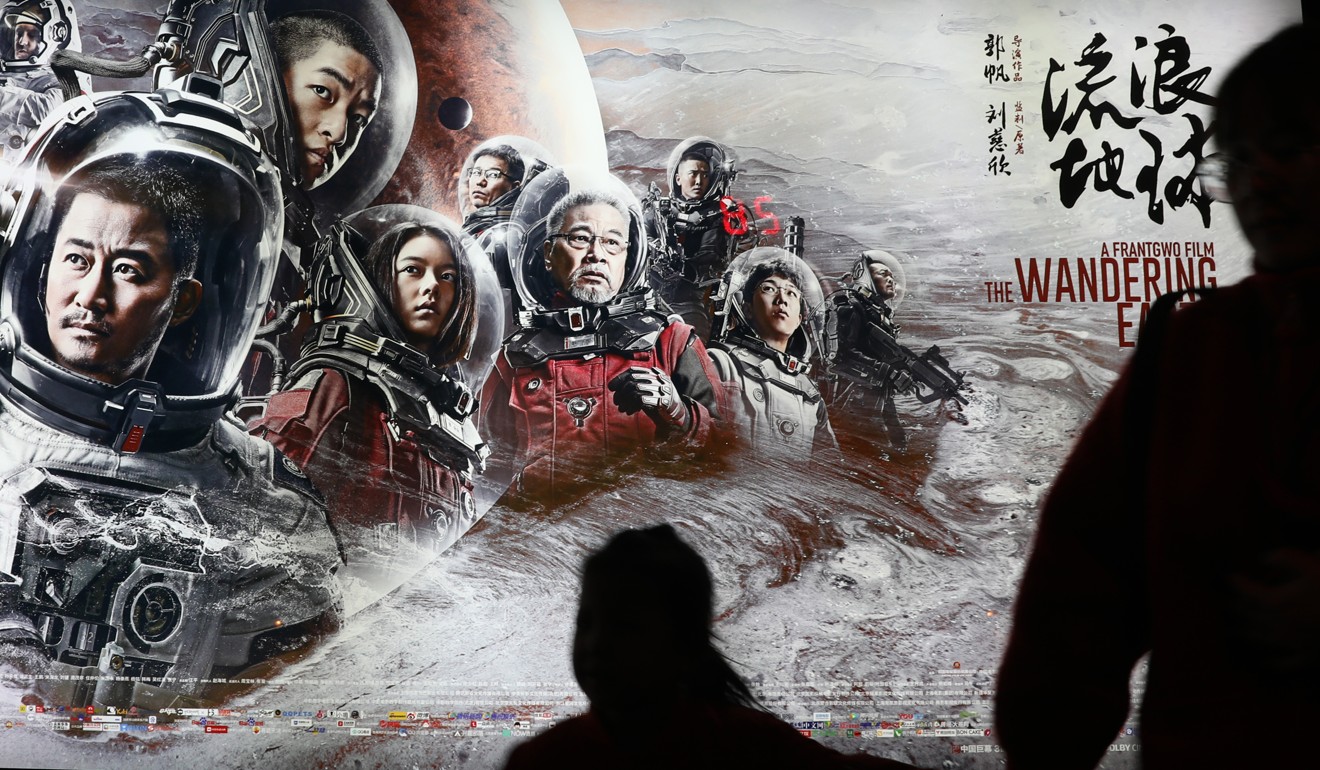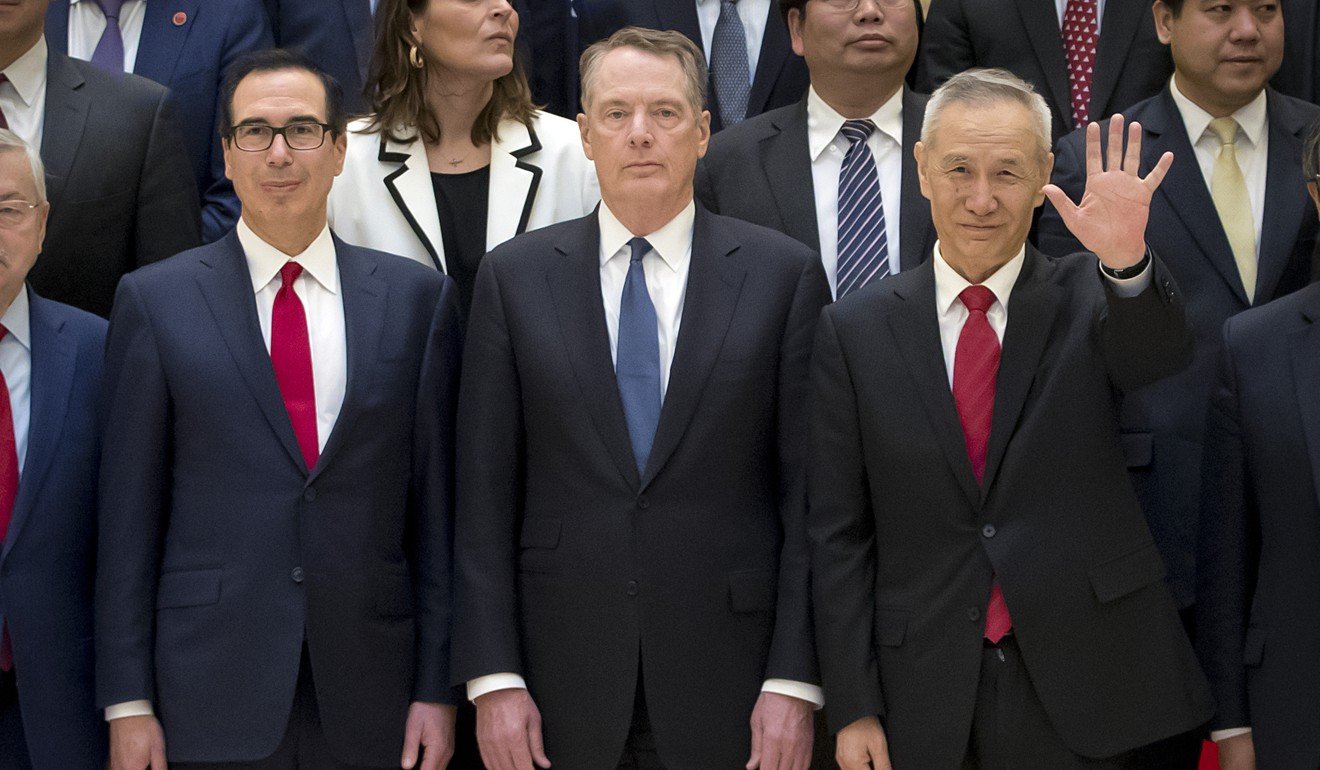
China arrests 251 for film piracy on eve of new trade talks with US
- China’s intellectual property rights protection a major issue of the trade war negotiations
- Arrests help bolster Beijing’s claims it has tightened protection of intellectual property rights
China on Monday said it had arrested 251 people who pirated dozens of films over the Lunar New Year in an apparent bid to support its claim it has tightened protection of intellectual property rights ahead of trade talks with the United States.
The Ministry of Public Security’s announcement of the arrests comes on the eve of the next round of trade war negotiations between China and the United States, starting on Tuesday in Beijing.
Protection of intellectual property rights in China has been a major issue of the months-old tariff battle between the world’s two largest economies.
Negotiators from both sides are trying to hammer out a final agreement to end the confrontation. A deal would be expected to include clauses about China’s enforcement of intellectual property rights protection.

Police said on Monday at a press conference in Yangzhou, in central China’s Jiangsu province, that they had arrested 251 suspects, shut down 361 websites, closed 57 apps and seized seven servers engaged in the production of high-definition pirated films, the state-owned Xinhua news agency reported.
The pirated films included eight major Lunar New Year box office hits, including the sci-fi blockbuster, The Wandering Earth, and the comedy, Crazy Alien, Xinhua reported.
Zhang Zuoliang, a senior officer with the Ministry of Public Security, was quoted as saying that the bootlegging of the eight films caused legitimate cinemas and legal video platforms to lose around 787 million yuan (US$116.9 million).
The pirated copies are all high-definition versions, different from low-quality versions made with video cameras in previous piracy cases, and they were uploaded online almost as soon as the films were released, Xinhua reported.
“That was the first time [of such crimes],” Zhang told the reporters at the press conference.
He said the piracy gangs obtained physical copies of the films by bribing cinema staff and technicians who operated the servers.
Since 2017, four suspects have copied films, added watermarks to them, encrypted them and uploaded them onto cloud drives, according to the report.
The suspects provided tens of thousands of pirated films to film bars in China that sell memberships and profit from illegal screenings.
Jiangsu police have broken up the gangs that produced the pirated films and operated the sales networks, Xinhua reported. Among 13,673 pieces of seized equipment was a server that police had sought for three years.
The server, dubbed “phantom number one”, had been used for the pirating of 31 films in the last three years, causing serious losses to legitimate copyright owners and cinemas, according to the report. The problem also was a major concern for US filmmakers, it said.
Huang Bo, a Chinese actor who attended the press conference on Monday, called the crackdown a boost for China’s movie industry.
He said he once saw pirated copies of one of his films being sold at a roadside shop even as he headed for a publicity event to promote the picture.

“I felt sad and helpless [when I saw the pirated copies],” he said. “We have talked about the problem [of piracy] for many years. “We were excited about the success today.”
President Xi Jinping pledged at the second Belt and Road Forum last week that China will honour its promises on intellectual property protection to ease the worries of overseas investors.
Meanwhile, a senior Chinese official said on Sunday that critics of China’s intellectual property protection “lack evidence”, and IP infringement is a worldwide problem.
Shen Changyu, head of the National Intellectual Property Administration, told a media conference that critics have ignored the significant progress China had made on IP protection.

